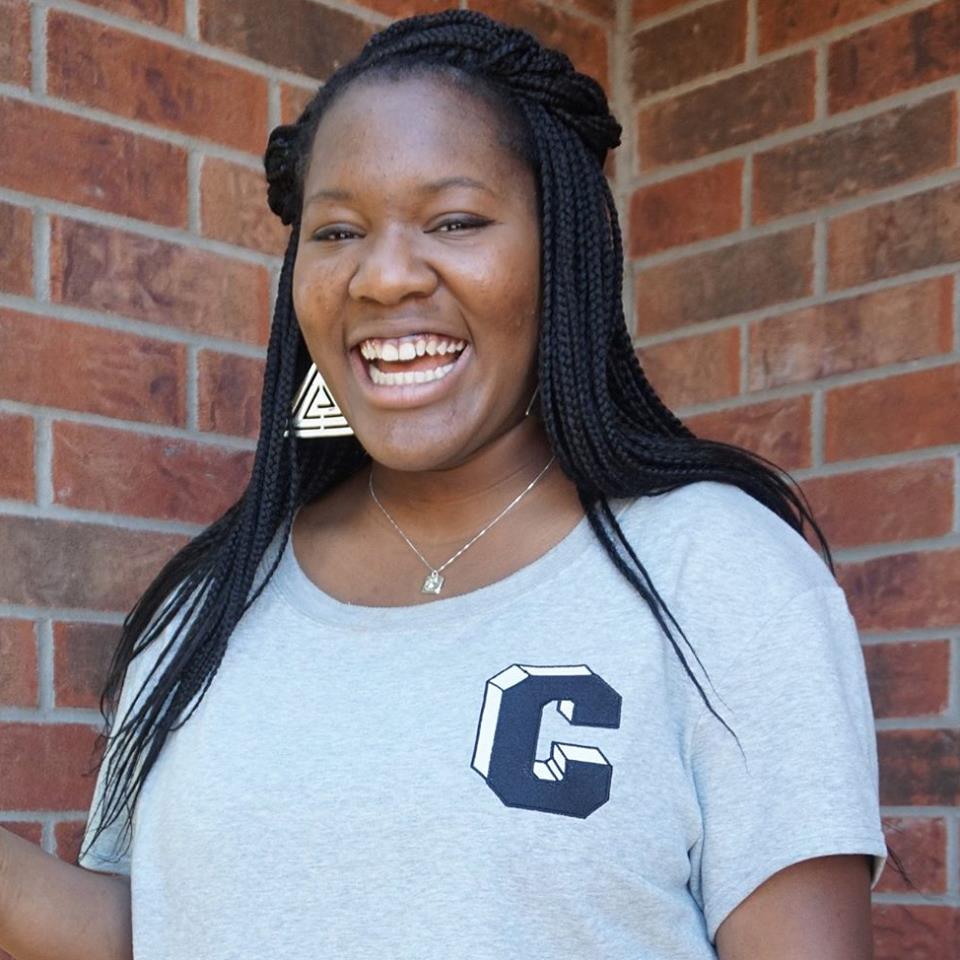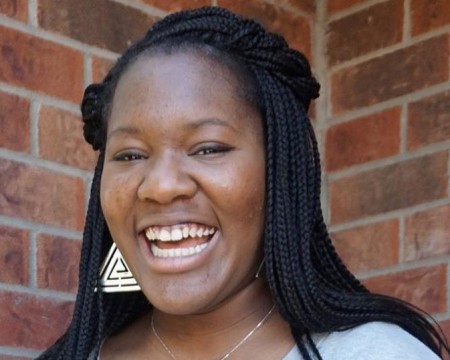
by Kika Otiono
Within my heart, a hurricane emerges. It is violent—it crashes against my ribs, steals my breath, and floods my lungs in its rage. I am helpless to stop this typhoon that tears through my body. I am unable to summon the strength to protect myself against flooding; unable to bar the windows from breaking; unable to build a gate to prevent my tears from pouring down like monsoons. I am helpless.
There are days when the sun seems clear—the days when the rain and harsh winds cease. But often, I am reminded of the futility of my peace. The hurricane makes an entrance into my heart again, and I am reminded that I am helpless. I am reminded that my sleep cannot be restful when I am tormented by the nightmarish deaths of Black men and women.
I know that I am not the only one who watches the news with their hands clutched to their heart—as if it will protect it from breaking. I know that I am not the only one who is not just angry at an unfair system, but is afraid of what my Black skin means in our society. I know that I am not the only one living in a constant limbo between rage at the unjust killings, and terror as I am reminded by my mirror every day that I look just like the victims splashed across TV screens. I know that I am not the only one fearful of how desensitized they are becoming to the lack of punishment police officers receive when they kill us. Most importantly, I know that I am not the only Black Canadian faced with the frightening reality of racism in their everyday lives—though the vast majority of Canadians struggle to acknowledge it. When Abdirahman Abdi lost his life at the hands of police officers in Ottawa, it erased my perceived immunity. I was plunged into denial and horror—this was no longer something I could push away and ignore. I had to be confronted with the realization that Black people are not immune from brutality and oppression because we live in Canada. While Black people make up just 4% of Ontario’s population, we make up 20% of its prison population. We have more than double the unemployment rate compared to White Canadians, and are 40% more likely to be investigated by the government for child abuse and neglect.
But the racism problem in Canada is amplified when analyzing the response of the Canadian society to the oppression of indigenous people. According to an article by Teddy Glavin in The Ottawa Citizen, Aboriginal Canadians are treated with more contempt, discrimination, and lack of resources than African-Americans in the United States. Compared to the national rate, Aboriginal Canadians are 10 times more likely to be incarcerated and 2.7 times more likely to drop out of school according to Statistics Canada. But what is being done about this—other than our collective wringing of hands and Twitter hashtags? When will we end our tolerance to the abuse and outright oppression of marginalized groups in Canada and around the world?
Being Black in the world—since the beginning of time—is to realize that your screams are the only way you will be acknowledged amidst the gunshots. Being Black is to understand that though the blood of those killed may bleed red in the streets; they’ll never consider us to be victims. When policing and anti-Black racism intersect, the result is a community with more eulogies than celebrations. It results in my pillows and bedsheets being inundated with tears, as I watch young men and women losing their lives. I am tired of discussing the deaths of Black and Aboriginal Canadians with my friends and family. I am tired of clutching my chest every time another Indigenous woman is declared missing or murdered. I am exhausted from trying to convince others of the importance of solidarity, of acknowledgement of the historical struggle by both Black and Aboriginal communities in Canada. I am tired of reminding people that Black Canadians didn’t arrive here fifty years ago—we have been here centuries before Confederation. I am exhausted from writing articles, poems, journal entries, tweets, Facebook statuses, texts, short stories, and long Instagram posts about the deaths of people that look like me. And while I am struggling not to numb myself to the reality of the deaths plastered on newspapers, social media, and TV screens—I must remain hopeful.
I must remain hopeful that one day our voices will drown out the death. I must remain hopeful that one day anti-Black racism will be considered by our descendants as a thing of the past. Perhaps I may not see equality in my lifetime, but my children or grandchildren will. I must remain hopeful that one day my pen will not be possessed with the need to only write about oppression, to protest inequality. That one day I can write more love stories than tearful poems. I must remain hopeful that Canadians will recognize anti-Black and anti-Aboriginal racism in their institutions and daily lives—rather than focusing their criticism on the United States. I remain hopeful for the day when my declaration that “Black Lives Matter” is not met with vitriolic anger and the shrieks that “All Lives Matter!”
But most importantly, I remain hopeful for the day when my heart can rest in peace, and when the hurricane will dissipate. I am awaiting the realization by others that I am a human being, that I am real, that I am valid, and that I deserve life.
*A contribution to the ‘When Will I Be Free?’ Collection*
About the writer
Kika Otiono is a 1st year Humanities and Biology student at Carleton University. She finds peace in the presence of words, literature, and artistic expression. She is an avid reader and a lover of rock bands, Broadway musicals and sci-fi movies. Kika is the Youth Editor of Black Ottawa Scene, as well as the curator of the ‘When Will I Be Free?’ collection—a short anthology of youth perspectives regarding racism and police brutality. Kika aims to use her writing as a means of reconciling her emotions regarding racial and gender inequality. She hopes to become a paediatric neurosurgeon and published author. You can reach her at: [email protected] .

